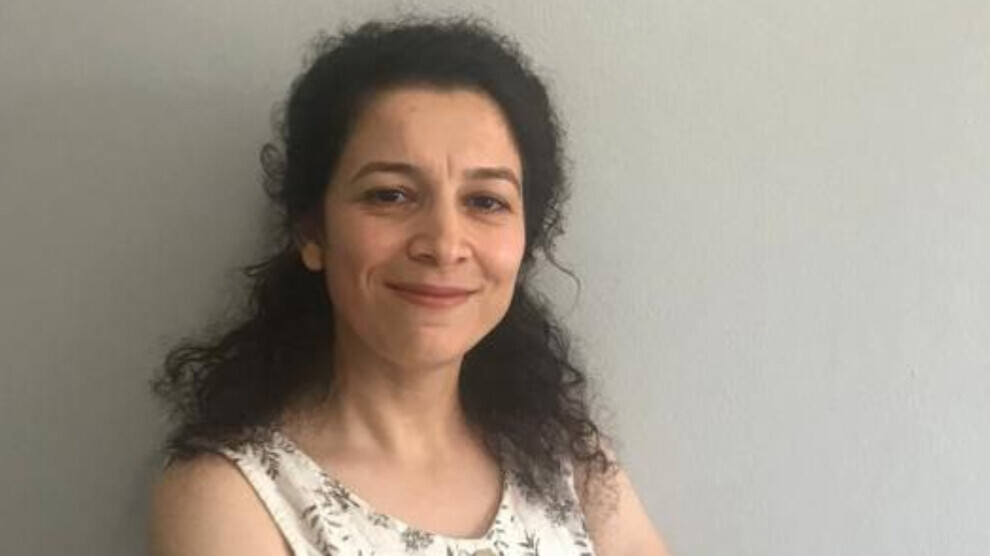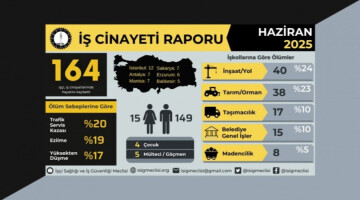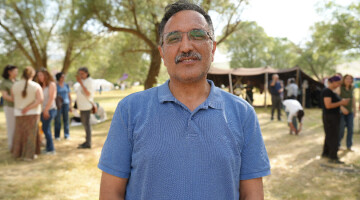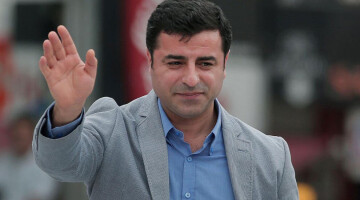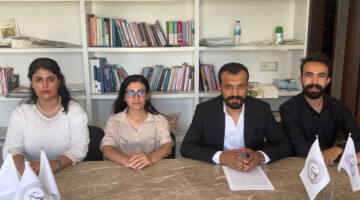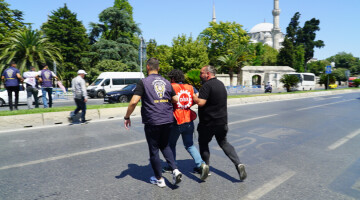The Turkish government has introduced a new legislative package that includes both tax and law enforcement reform. While "terror offences" are exempt, murder, drug trafficking and sexual violence in particular will be treated as petty offences. For example, a person who has received 20 years for murder will only have to stay in a closed prison for three years and five months. A person who has received twelve years and six months for drug trafficking should get out of the closed prison after five months. In the case of a prison sentence of ten years for sexual violence, the offender can be released after only nine months.
In an interview with ANF, lawyer Elif Taşdöğen from the Association of Lawyers for Freedom (ÖHD), spoke about the new legislative package.
The new enforcement act is called a disguised amnesty. In your opinion, is this true?
In order to make a healthy assessment, it is necessary to look back at one regulation. Act No. 7242, passed on 14 April 2020, amended the Enforcement Act 5275. This new regulation violated the principle of equality and the prohibition of discrimination laid down in the Constitution. In addition, new regulations were introduced that granted very far-reaching powers to the prison administrations. The reason we pointed this out at the beginning is what can be expected from the law that was created on the basis of these previous contradictions. In a time of crisis like the pandemic, a law was enacted that distinguished between prisoners. The right to life was attached and shaped to people according to the nature of the offence for which they were imprisoned. Although all prisoners were equally at risk of the pandemic, this regulation was enacted in violation of the principle of equality. All political prisoners, although there were many seriously ill prisoners among them, were exempt and not released. Many sick prisoners lost their lives because of this. The legislative package submitted to Parliament on 12 July 2023 is a continuation of the discriminatory Enforcement Act and deepens the discriminatory enforcement regime against political prisoners.
Long prison sentences for murder, sexual violence and drug trafficking will be massively reduced under the package. What does this lead to?
If we look at the definition in criminal law, it says that imprisonment is "the sanction for conduct defined in the law as a criminal offence. The penalty is imposed to comply with the offender and to prevent him from committing offences again (deterrence) ..." Of course, it is not only about deterrence. It will be necessary to consider other objectives because it will become apparent that the regime is contrary to the purpose of criminal law as a whole. The second purpose of penalties is to accommodate the other party, i.e. the injured party. The third purpose is to reintegrate the sentenced persons into society. If we look at the current regime, we can clearly predict that it is incompatible with the purpose of criminal law and will have very risky consequences. First of all, the deterrent effect, which is the main purpose of sentences, will disappear. In addition, people who thought they would be sentenced to a heavy penalty would settle out of court with the injured parties or their families before they were sentenced. This allowed victims to obtain their rights without having to file a lawsuit for compensation. Such settlements will no longer be possible because with this ordinance, defendants will almost never be imprisoned. In other words, the penalties will no longer have a deterrent effect. In addition, people who understand the system of impunity will think about taking the law into their own hands. This would shake the dynamics of society.
Accused persons according to "terror paragraphs", which are especially directed against politicians and journalists, are exempt from these regulations. Why?
In fact, after each new regulation, we see very clearly that all prisoners who come from the opposition are excluded from the scope. The current government wants to have an intimidated, fearful population. It wants a society where no one raises a voice against its regulations and laws, that has to accept everything as the government wishes. It does not want to see a population that questions illegalities and fights against them if necessary. Consequently, the government continues its oppressive regime to create a submissive society. To do this, it uses the legal system as a tool.
As this approach has become permanent, one of the most important articles of the constitution, the "principle of the rule of law", is being violated. It should also be noted that the state apparatus is responsible for the citizens' trust in the judiciary. The judiciary must meet the actual expectations of society and not the current draft law. In its current form, this draft needs a comprehensive renewal due to the inequalities and injustices it contains, as well as the inherent enemy criminal law of the Turkish state. It is imperative to repeal the regulations that lead to double standards in detention. Prison time reduction must be in line with the right to hope. Real and lasting changes must be created for sick prisoners. All this must be done on the principle of equality.
We, lawyers, human rights defenders, activists and all marginalised people must speak with one voice and unite in the common struggle against this and all other similar new legislation that affects the whole of society.

